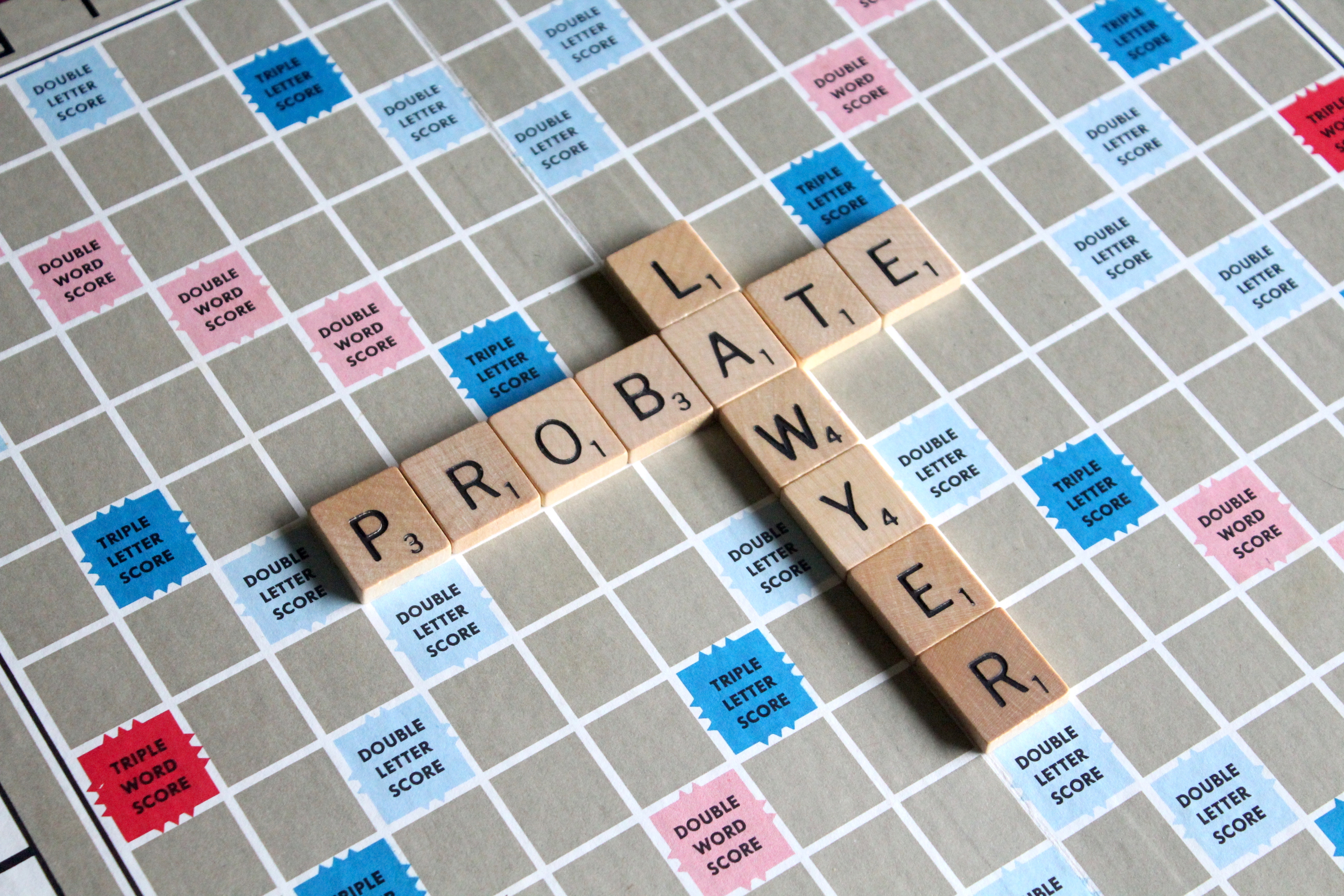 You’ve probably heard the term “trust” used before. Often, it’s used in the context of a “trust fund baby,” someone who doesn’t really have to work because they always have a steady flow of money coming in from a wealthy relative. But, keeping your kids living the good life isn’t really the primary function of a trust. In fact, the majority of clients we serve really use a trust to do one thing: avoid probate.
You’ve probably heard the term “trust” used before. Often, it’s used in the context of a “trust fund baby,” someone who doesn’t really have to work because they always have a steady flow of money coming in from a wealthy relative. But, keeping your kids living the good life isn’t really the primary function of a trust. In fact, the majority of clients we serve really use a trust to do one thing: avoid probate.
Let’s Start at the Beginning: What’s Probate?
Before we get into the details of how you can skip this whole messy process, it’s important that you understand what probate is in the first place. Probate is the court procedure by which a deceased person’s stuff is distributed. It should be relatively simple, right? Just pass out the stuff to whoever is named in the will. But, the probate process is significantly more than that.
Probate does look at a will and distribute stuff accordingly, but not before verifying the will’s validity, taking stock of the total amount that the deceased person owned, valuing that stuff, notifying any potential creditors who may have claims against the deceased person, paying out any debts, and filing final tax returns. Only then can the remainder of the estate (after debts, taxes, attorneys, court fees, and other expenses are paid) get distributed to the people named in the will.
The probate process takes between twelve and eighteen months and requires hiring an attorney, going to court, and complying with all kinds of rules. Not only that, the probate proceedings go on the public record, so anyone can see the details of the deceased person’s property and debts. Did we mention cost? In Georgia, the typical cost of probate is between 3-7% of the entire estate. That may not seem like a lot, but it can have a significant impact on heirs. For example, if a deceased person owned a home worth $575,000 and had $45,000 in stocks and $20,000 in cash, the total value of their estate would be $640,000. Let’s go with a 5% probate cost, that’s $32,000 off the top before debts and taxes have to be paid.
So, is there a way to avoid that whole time-consuming, public nuisance of a process while also saving the $32,000 in probate costs? Yes! The answer is to stay away from probate altogether with a Probate Avoidance Trust.
What is a Probate Avoidance Trust?
A Probate Avoidance Trust (PAT) is a basic version of a trust. A trust, in this simplest form, is a legal structure that an individual can create to hold ownership of stuff. Essentially, instead of you owning your house, your antiques, your retirement accounts, etc., all this stuff is owned by a distinct entity called a trust. Hold on, that sounds complicated. Trust us, it’s really not too bad.
If you decide to create a PAT, you work with an attorney to create a trust agreement, which is basically a contract between three parties: the trust-maker, the trustee (who is responsible for overseeing the trust), and the beneficiary (who will be the ultimate recipient of the funds in the trust). When you first create a trust, you are all three of these parties: you are the person creating the trust, you are the trustee in charge of all of the stuff in the trust, and you are the beneficiary. Basically, everything stays the same. You still own your stuff and are free to use it in any way you want. Then, when you die (or become incapacitated), the trustee responsibilities pass to a person you name as successor trustee, and the beneficiaries become the people you named to receive your stuff. You can even place restrictions in the trust instructions on when, in what amounts, and for what purposes these funds are distributed.
And guess what? All of that happens outside of court. Probate isn’t required at all. Even for things like paying all debts, filing final tax returns, and dealing with beneficiaries, all of this can be handled by the trustee outside of court. That means no probate expenses, no public filings, and no waiting over a year for money to start making its way to your loved ones. Everything is streamlined.
A Probate Avoidance Trust is the Best Gift You Could Give to Your Family
Whenever we say that probate avoidance is a great gift to give to loved ones, we always get some push-back. People say no, legal documents aren’t a good gift. Vacations or fancy dinners or works of art are good gifts. Ok, sure, legal documents may not be as exciting in the moment as a tangible gift or a fun experience, but, believe us, they will thank you later.
Want to learn whether a PAT might be right for you? Give Brian M. Douglas & Associates a call to set up an initial consultation to see what might work for you. Our office number is (770) 933-9009.

